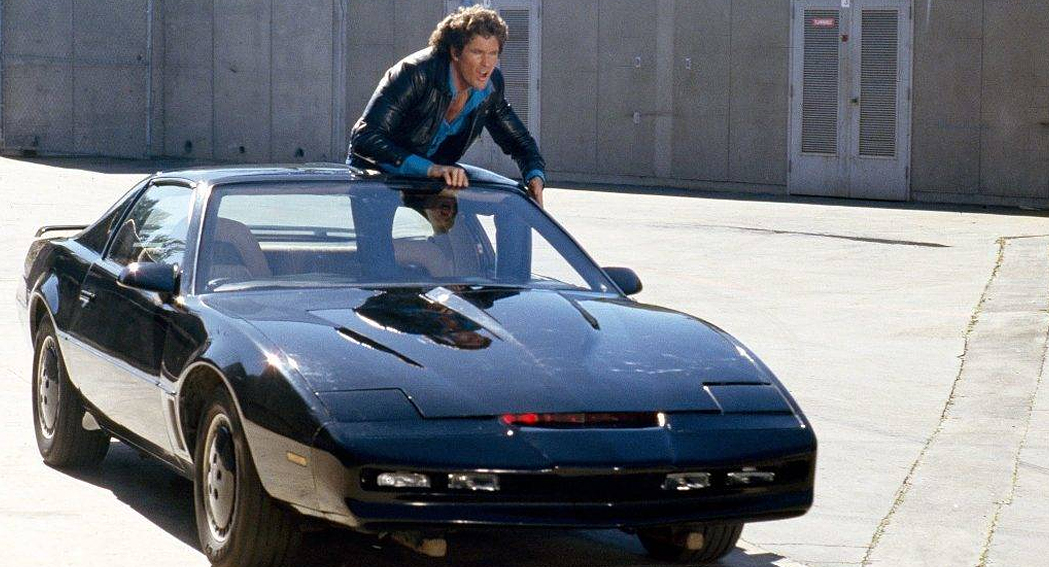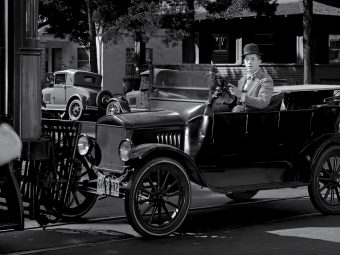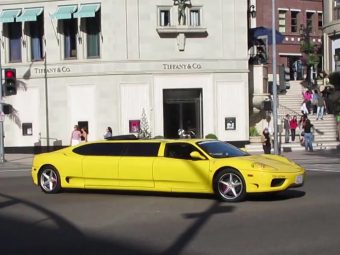Self-driving cars are a hot topic these days. Major car manufacturers are competing with each other to see who can create the best self-driving vehicle the fastest and safest. Legislators are trying to keep up with innovations and determine how to best regulate these automobiles. Lawmakers are puzzling over who would be responsible in the event of a self-driving car accident.
Everywhere you look, people are talking about self-driving cars. GM and Honda are taking it to another level with a new planned collaboration that might set the two car giants ahead of the pack when it comes to self-driving innovation.
A Massive Collaboration
In 2013, General Motors founded Cruise — a company designed to focus exclusively on driverless cars. The goal of this company is to create a supplemented human driving experience and eventually build a fully autonomous Nissan Leaf.
Honda has committed to working with GM to bring self-driving cars to the mainstream by 2019. They’ll contribute $2 billion over the next 12 years, and they’re planning to finance an investment in Cruise to the tune of $750 million.
This isn’t the first big investment that GM has secured to fund their quest toward autonomous cars. The SoftBank Vision Fund has also pledged $2.25 billion toward the creation of self-driving cars. It’s been speculated that SoftBank has chosen to invest in Cruise because of its affiliation with Uber, and the ride-sharing service has been working toward creating a fleet of self-driving cars.
Legislation and Regulation
The technology behind the self-driving cars isn’t the only obstacle that Honda and GM are facing to get their new cars onto the roads of the world. Legislators are facing the challenge of figuring out things like liability and insurance when it comes to cars that don’t have drivers. Who’s responsible if a self-driving car is in a car accident?
While the rules concerning accidents won’t change — such as staying at the scene of an accident — the responsibility for the accident itself could potentially fall to the car manufacturer or the company that programs the vehicle’s artificial intelligence.
There’s also the concern about the programming itself — for instance, the Trolley Problem, which has been an ethical thought problem for decades. In essence, it asks if you should sacrifice the life of a single person to save the lives of five people by rerouting a speeding trolley. This decision will need to be programmed into the AI of self-driving cars, allowing them to assess accidents in real time to determine the best course of action to preserve the most human life.
To date, no researchers have come up with an acceptable ‘loss of human life’ threshold for self-driving cars. Ideally, these cars should take all action necessary to prevent the loss of life in the event of an accident, but if accidents are unavoidable, will these cars be able to make the necessary decisions to choose an action that will reduce the number of lives loss even at the cost of their own synthetic ‘life’?
GM and Honda’s collaboration is an ambitious one, with their goal being to get a self-driving car on the road by sometime in 2019. Whether the technology and software will be ready by then is anyone’s guess, but with two car giants working together, it’s possible that this dream will come to fruition much faster than anyone anticipated.








